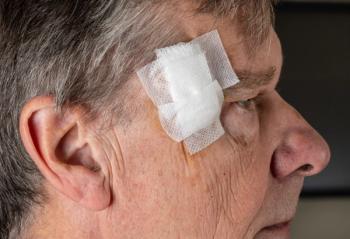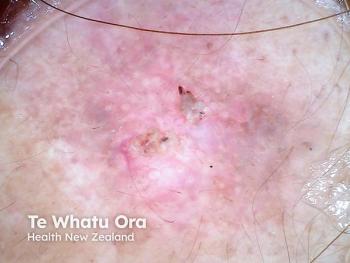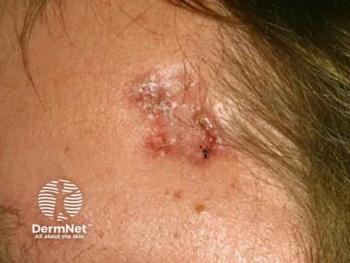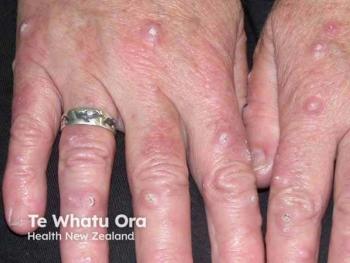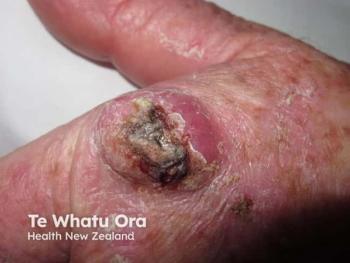
- Dermatology Times, October 2018 (Vol. 39, No. 10)
- Volume 39
- Issue 10
Indoor tanners lax on sunscreen protection
People who use indoor tanners may be putting themselves at greater risk for skin cancer because they use low SPF sunscreen.
People who use indoor tanners may be putting themselves at greater risk for skin cancer because they use low SPF sunscreen.
This was the conclusion of study published in JAMA Dermatology that compared the skin cancer prevalence and screening habits of people who tan indoors as compared to those who don't. The study found that indoor tanners are more likely to be screened for skin cancer, but only if they have the risk factors for skin cancer, such as family history or age.
The study was a survey of 30,352 adults from the 2015 National Health Interview Survey who were older, had a higher income, had a family history of skin cancer, used very high SPF sunscreens and used spray-on tans.
Researchers found that only 30.18% of indoor tanners and 19.52% of non-tanners had ever received a full-body skin cancer examination by a physician.
"Indoor tanners have a greater tendency to be screened for skin cancer and to be screened at an earlier age than non-tanners. However, skin cancer screening is still underused in this high-risk population," researchers wrote.
The researchers called for interventions that target this population group, especially people under 40 years and who are in a high income bracket (over $100,000).
"The FDA recommends that individuals repeatedly exposed to UV radiation be screened regularly for skin cancer, but it is likely that ITs and their general practitioners are unaware of this recommendation, which should be disseminated more widely," the researchers stated.
THE FINDINGS
- Use of very high SPF sunscreen and receipt of a spray-on tan at a salon in the past 12 months were significant protective correlates in indoor tanners and nontanners.
- Cancer diagnosis other skin cancer, always using sun protection (OR, 0.43), and use of self-applied sunless tanning products in the past 12 months were significant protective correlates in nontanners.
- Compared with nontanners, those who had tanned more than 12 months ago were more likely to have been screened for skin cancer (OR: 1.27), but indoor tanning in the past 12 months was not significantly associated with screening.
- Of individuals who had tanned indoors >1 year ago, 32.14% had been screened for skin cancer compared 23.07% who had tanned indoors in the past 12 months and 19.52% of nontanners.
REFERENCE
Carolyn J. Heckman, PhD; Elizabeth Handorf, PhD; Melissa V. Auerbach, PhD. “Prevalence and correlates of skin cancer screening among indoor tanners and nontanners,” JAMA Dermatology. 2018;154(5):554-60.
Articles in this issue
over 7 years ago
Skin differences in men and womenover 7 years ago
Education at mammogram impacts skin cancer awarenessover 7 years ago
Patients want genetic testingover 7 years ago
The state of off-label drug lawsover 7 years ago
Combined atopic dermatitis treatment shows promiseover 7 years ago
Optimizing fillers for menover 7 years ago
The value of online patient reviewsover 7 years ago
AIVITA Biomedical names new CFO, VP of business developmentover 7 years ago
Epiphany Dermatology partners with Sun City Dermatologyover 7 years ago
The burden of electronic health record implementationNewsletter
Like what you’re reading? Subscribe to Dermatology Times for weekly updates on therapies, innovations, and real-world practice tips.

